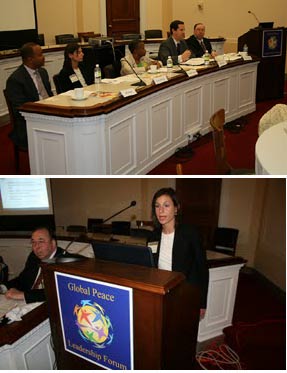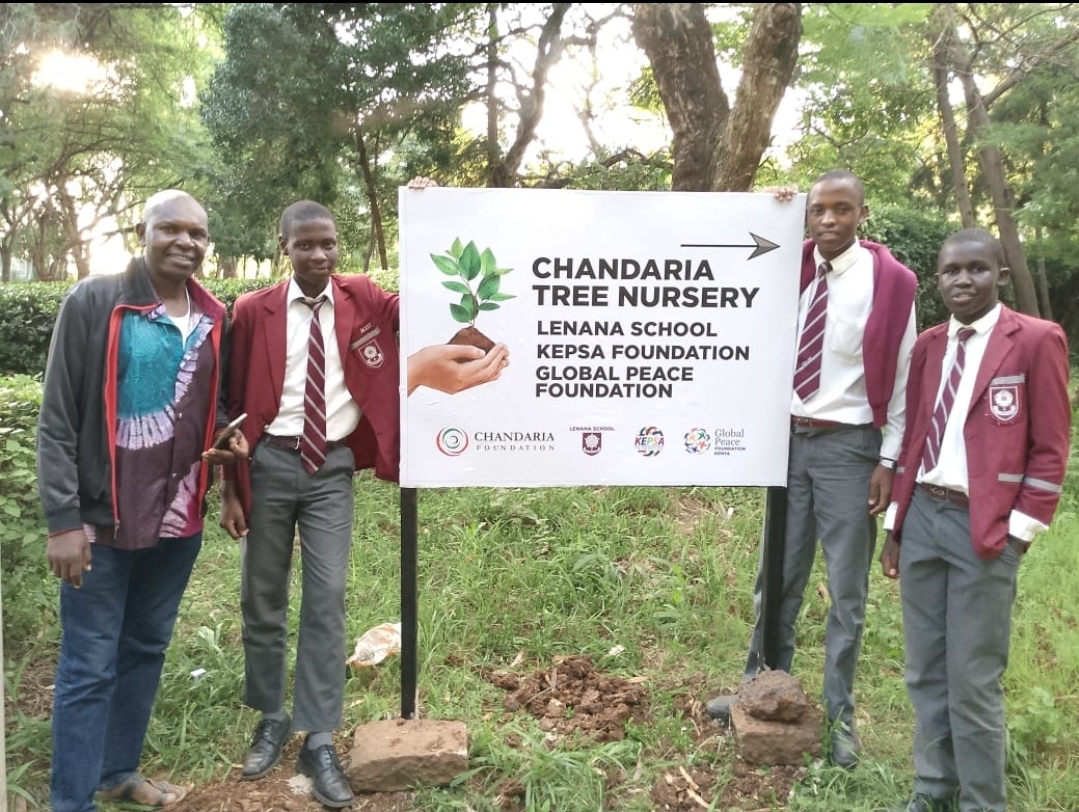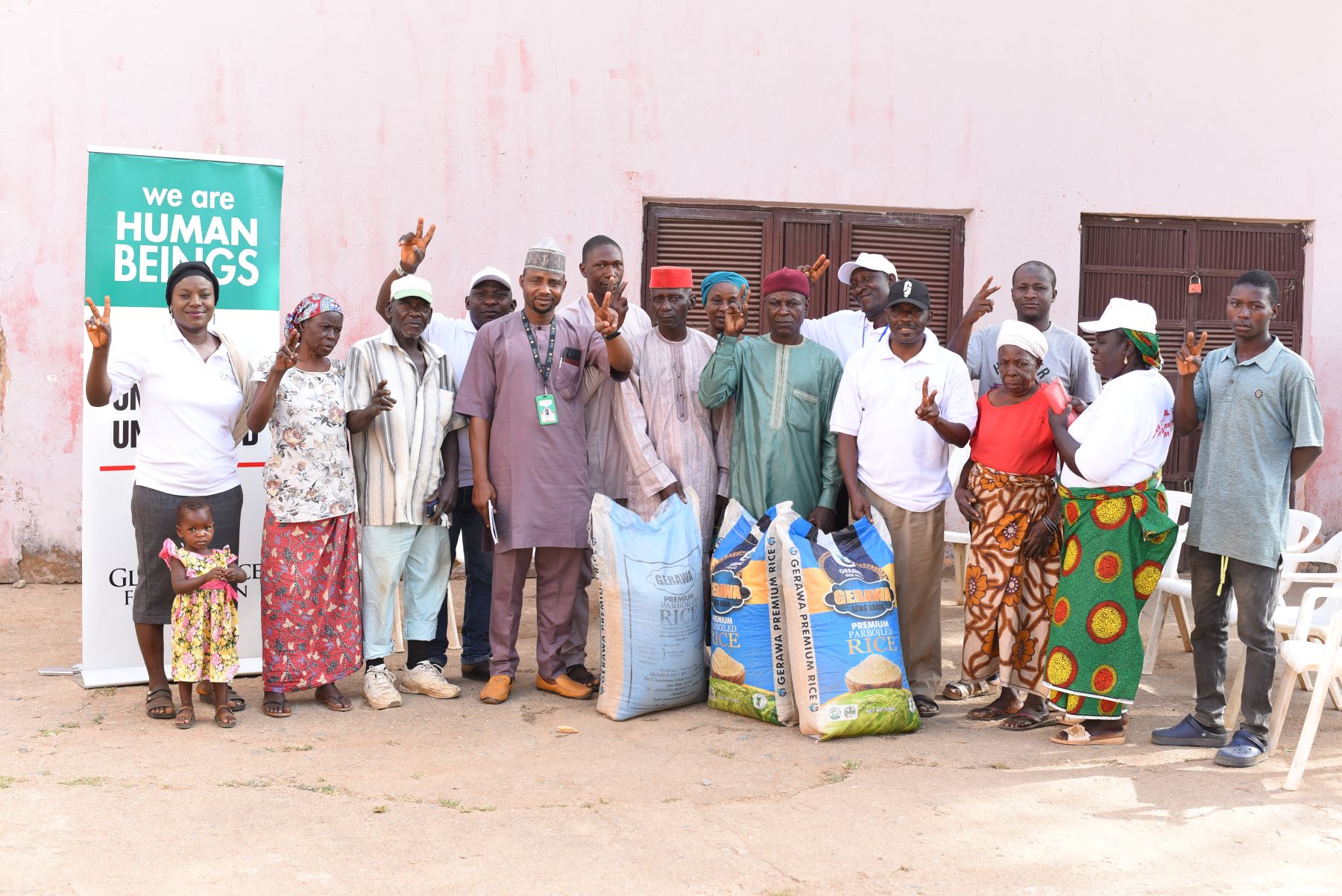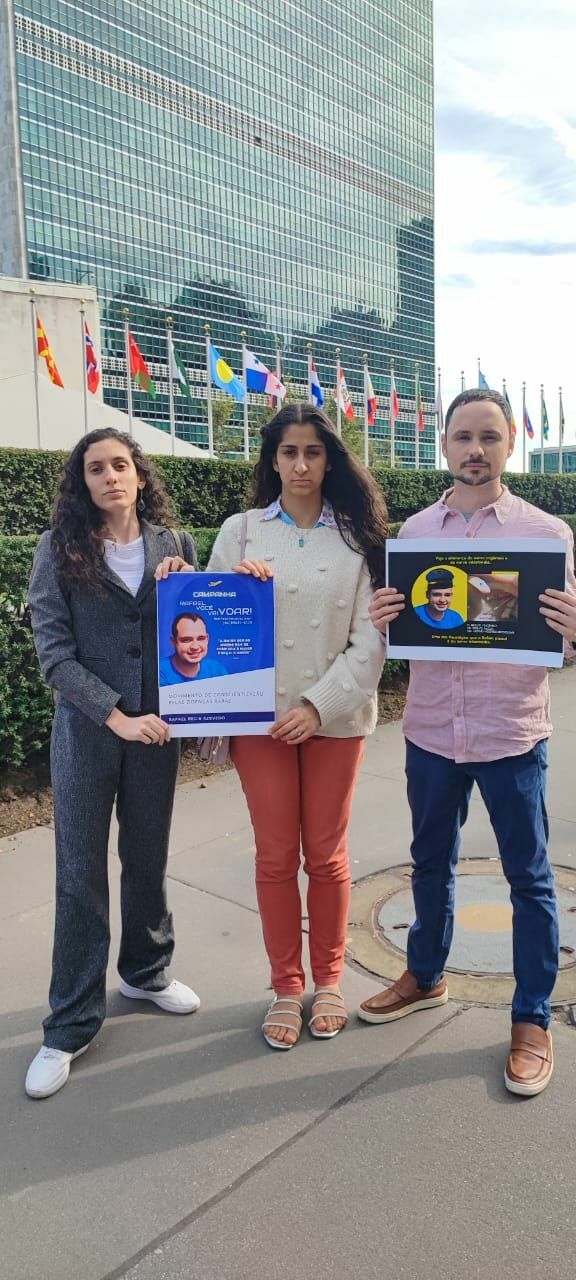“Confronting Family Poverty” a Global Priority Panel Says
 Noting the range of United Nations programs servicing the poor and homeless around the world, Greater Washington Urban League President Maudine Cooper told a Washington, DC forum that “we need a United Nations of the United States, because some of our communities are worse off than many Third World countries.”
Noting the range of United Nations programs servicing the poor and homeless around the world, Greater Washington Urban League President Maudine Cooper told a Washington, DC forum that “we need a United Nations of the United States, because some of our communities are worse off than many Third World countries.”
The May 12 forum, “Confronting Family Poverty,” was hosted on Capitol Hill by the Global Peace Leadership Forum in recognition of the United Nations International Day of Families 2011. The event was co-sponsored by Rep. Hank Johnson (Georgia, 4th district) and the Strengthening Families and Communities Coalition.
Ms. Cooper underscored the plight of the poor in America with troubling examples of childhood poverty and cited the disproportionate impact of poverty on African American and Hispanic minorities, who she said were “fighting over remnants from the bottom of the barrel.” One in four in the District of Columbia she noted was living below the poverty level, “more than we want to admit for the capital of the free world.”
Director of the United Nations Information Center Will Davis described family welfare as among the most important priorities of the world body, and he delivered UN Secretary Ban Ki-moon’s message in recognition of the International Day of Families 2011. He noted that UNICEF, one of the most visible of the UN’s many agencies, provides essential health services, vaccination campaigns against communicable diseases, and the innovative “school in a box,” a portable, rapid-response school structure to serve regions struck by natural disasters or post-conflict areas where formal education is often among the first casualties.
“The UN increasingly understands the importance of improving the lives of women,” he said. “In the aftermath of the Haitian earthquake we found that many men were cutting in line and appearing repeatedly to claim food rations. We learned that by giving out vouchers instead of direct rations we were better able to serve the needs of the families. We learned that when you empower women it can have a ripple effect in the community.”
Poverty and homelessness
Panelist Laura Green Zeilinger, a regional coordinator for the United States Interagency Council on Homelessness (USICH), emphasized the critical importance of shelter for the security and stability of the family. “Loss of this most basic family infrastructure has extraordinary costs,” she said, “both for the newly homeless and for society.”

Above: Panelists; Below: Panelist Laura Green Zeilinger, a regional coordinator for the United States Interagency Council on Homelessness
Ms. Zeilinger provided an overview of the USICH initiative Opening Doors, a federal plan to prevent and end homeless in the United States based on the premise that “no one should experience homelessness—no one should be without a safe, stable place to call home.” The Plan focuses on four key objectives:
- End chronic homelessness by 2015;
- Prevent and end homelessness among Veterans by 2015;
- Prevent and end homelessness for families, youth, and children by 2020; and
- Set a path to ending all types of homelessness.
Arguing that it’s better to invest in solutions than pay for the maintenance of homelessness, Ms. Zeilinger said crisis-driven alternatives to a stable home include foster care, emergency rooms, psychiatric hospitals, domestic violence shelters, detox centers, and jails. Ending homelessness is not only a humanitarian but an economic imperative, she explained, as stable housing provides an essential means for delivering basic services and improving life for individuals and families.
Panelist Jeff Street, founder of the Atlanta-based CoMission against the Disease of Poverty, provided a private sector perspective to the problem of family poverty. Family is the place of convergence of government, church, education, entertainment, and media, he said, and human society is “an organism of relationships.”
Reflecting on his experience in many developing countries, he itemized the various challenges facing the poor, saying, “Government and other agencies can’t carry the load by themselves. How do we address the problems? Hire companies or NGOs? They will all grow, and so will poverty.” The current approach, he said, creates dependency and what is needed is “a global network of relationships, a communications infrastructure, a value system that creates trust, and a ‘just in time’ capacity.”
“This was our first Leadership Forum co-convened by GPFF and the Strengthening Families and Communities Coalition and its success bodes well for future joint efforts,” said Howard Self, Executive Director of the Global Peace Festival Foundation USA. “It is important to remind lawmakers of the vital role of mothers and fathers in providing the material, emotional, and social needs of children, and to affirm that strong families are the bedrock of a strong nation.”
For more information on GPFF programs and how you can get involved contact Global Peace Festival USA at [email protected]



